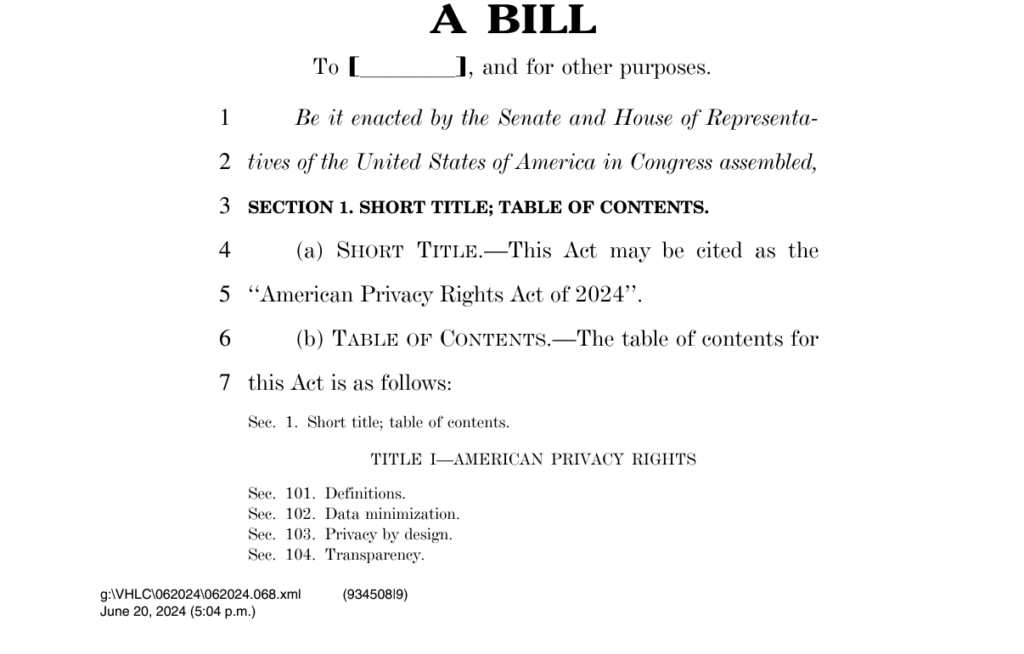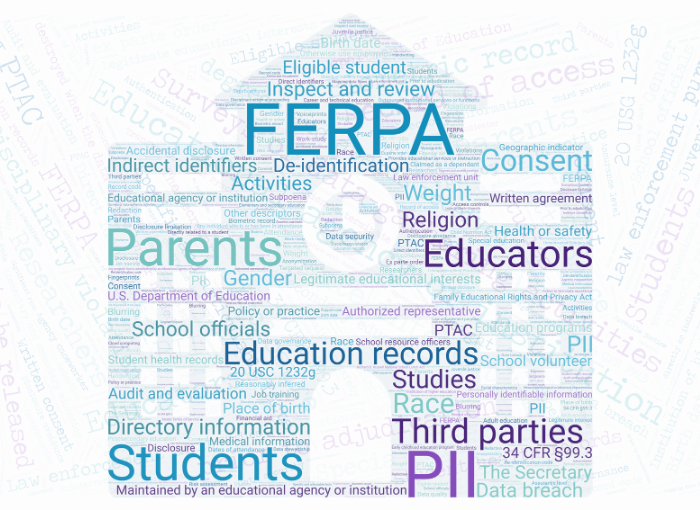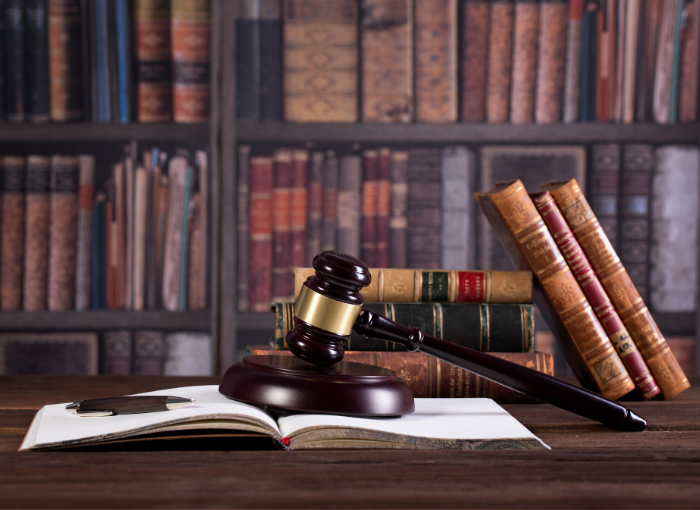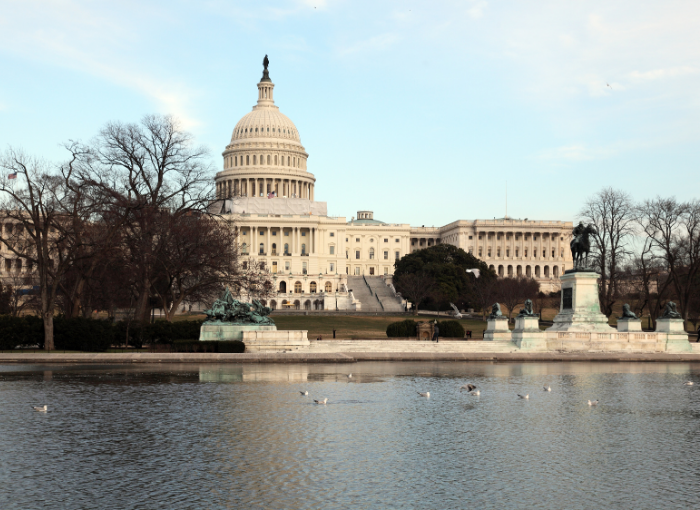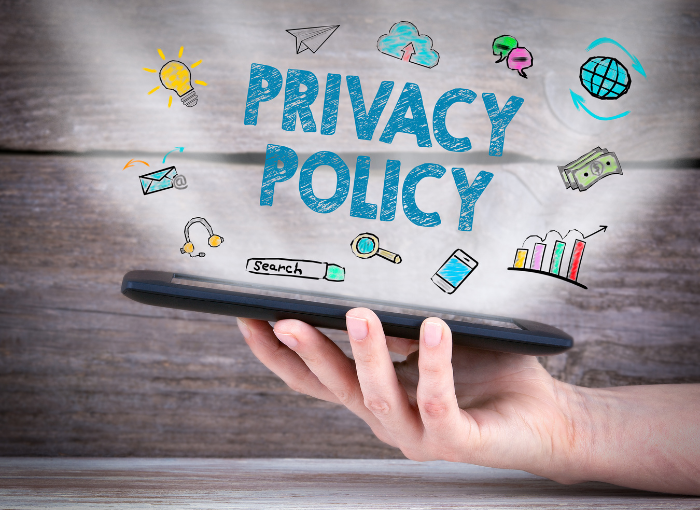American Privacy Rights Act Redline
American Privacy Rights Act (APRA) Redline Official version posted to Congress.gov on 6/25/2024. Changes from this draft are in purple (note different color codes in the COPPA 2.0 section). Small changes that do not have an impact (likely or substantive) on the bill may not be included as purple below, but we erred on the side of caution and colored most changes. Blue text is from amendments and cuts to the version circulated June 22, 2024 linked here. Black text below struck through is from cuts to the version circulated May 22, 2024 linked here from the version circulated on […]
American Privacy Rights Act Redline Read More »

